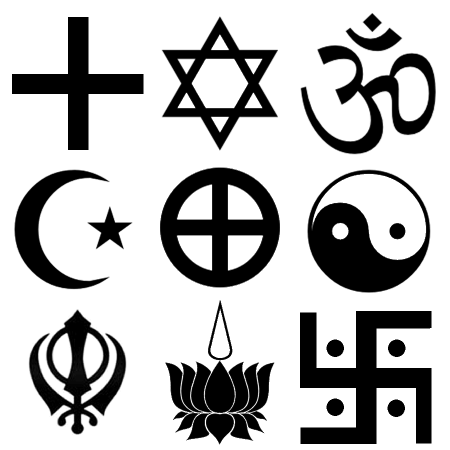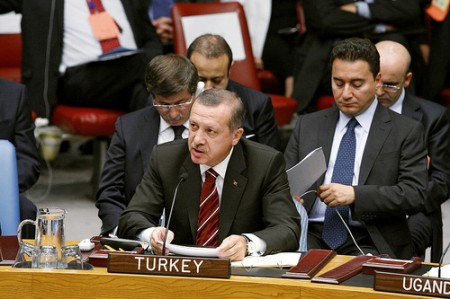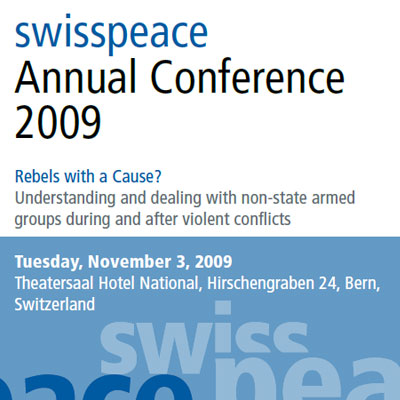
On Thursday 3rd of December, the Parliament of the World’s Religions opened the doors of its 5th parliamentary session in Melbourne, Australia. The first session took place on 1893 at the World Exposition of Chicago. The parliament waited 100 years to host its second parliamentary session and since 1993, the inter-religious body has met every 5 years.
At its first meeting, the assembly wanted to promote a better understanding of different cultures and already called for peaceful relations between all religions. They also called for a common understanding of faith, exemplified by Indian Hindu delegate Swami Vivekananda’s call: “if there is ever to be a universal religion, it must be one which will hold no location in place or time; which will be infinite, like the God it will preach; whose Son shines upon the followers of Krishna or Christ, saints or sinners, alike; which will not be the Brahman or Buddhist, Christian or Mohammedan [Muslim], but the sum total of all these”.
After 100 years of inactivity, the assembly has started to play a proactive role in what is called para- or indirect diplomacy; ensuring that different religions and populations exchange views and opinions on global affairs with a religious perspective; the final goal being peace. For example, in 1999 the assembly focused on HIV/AIDS. This year, the parliament will focus on the rights of indigenous people and on climate change.





